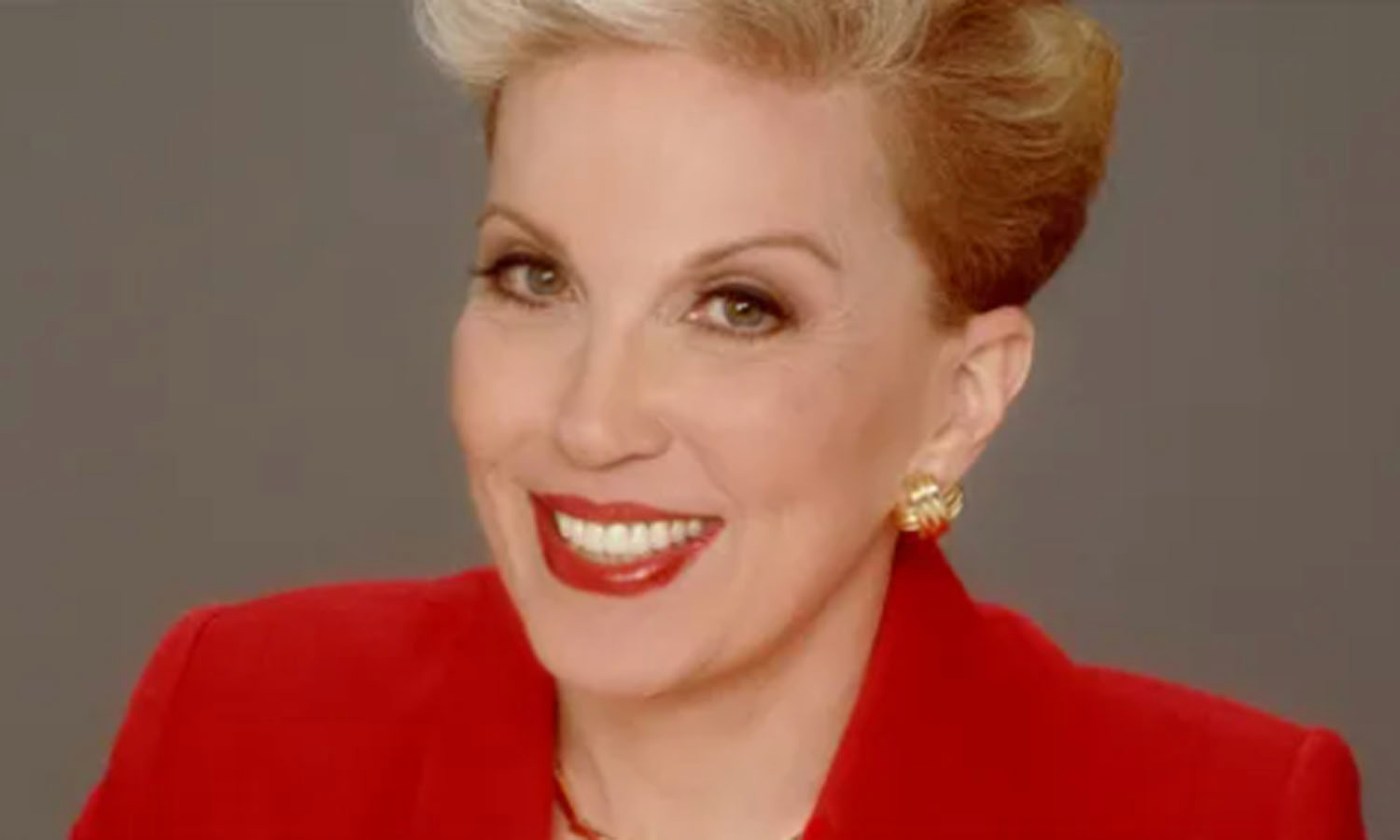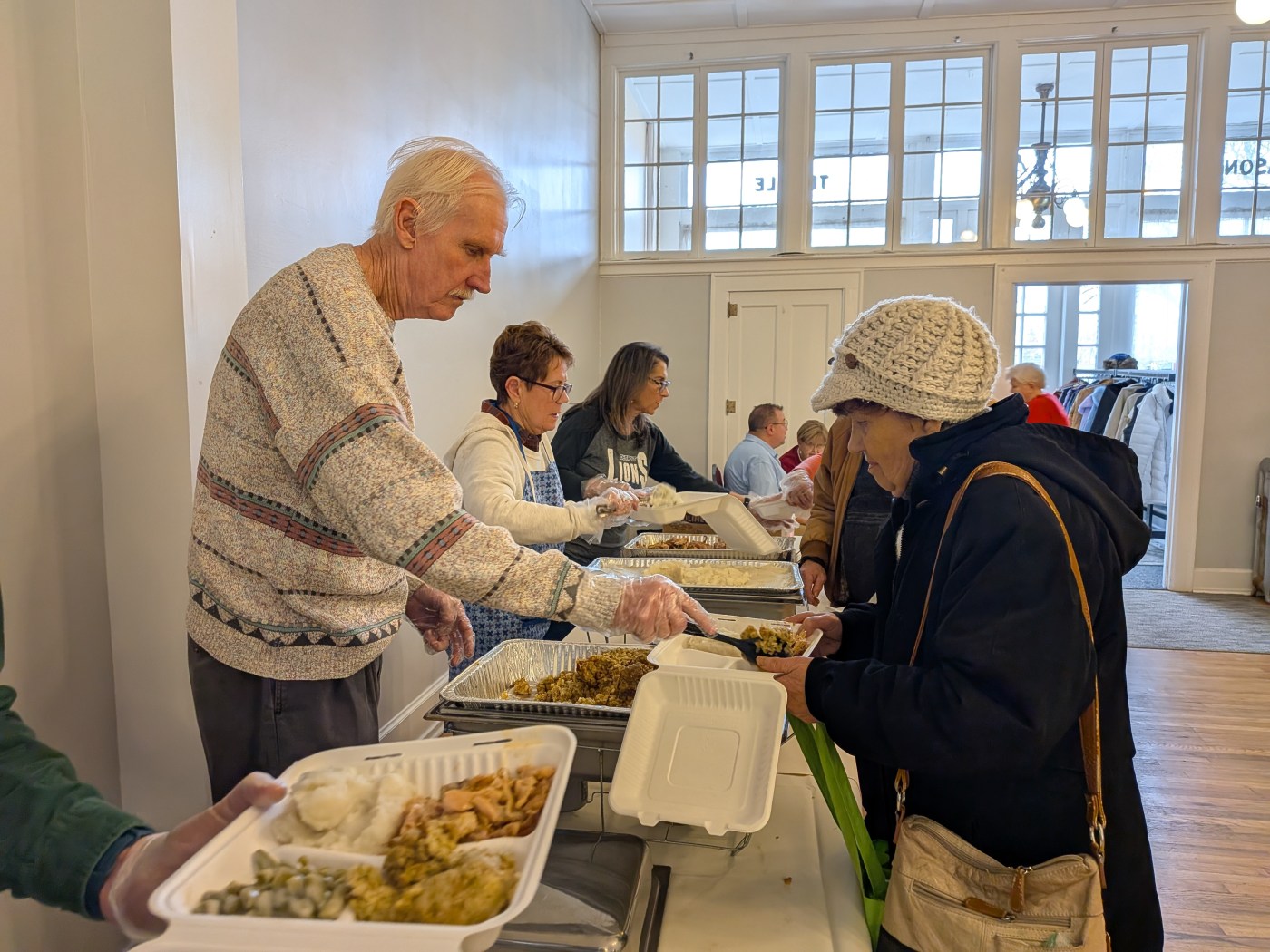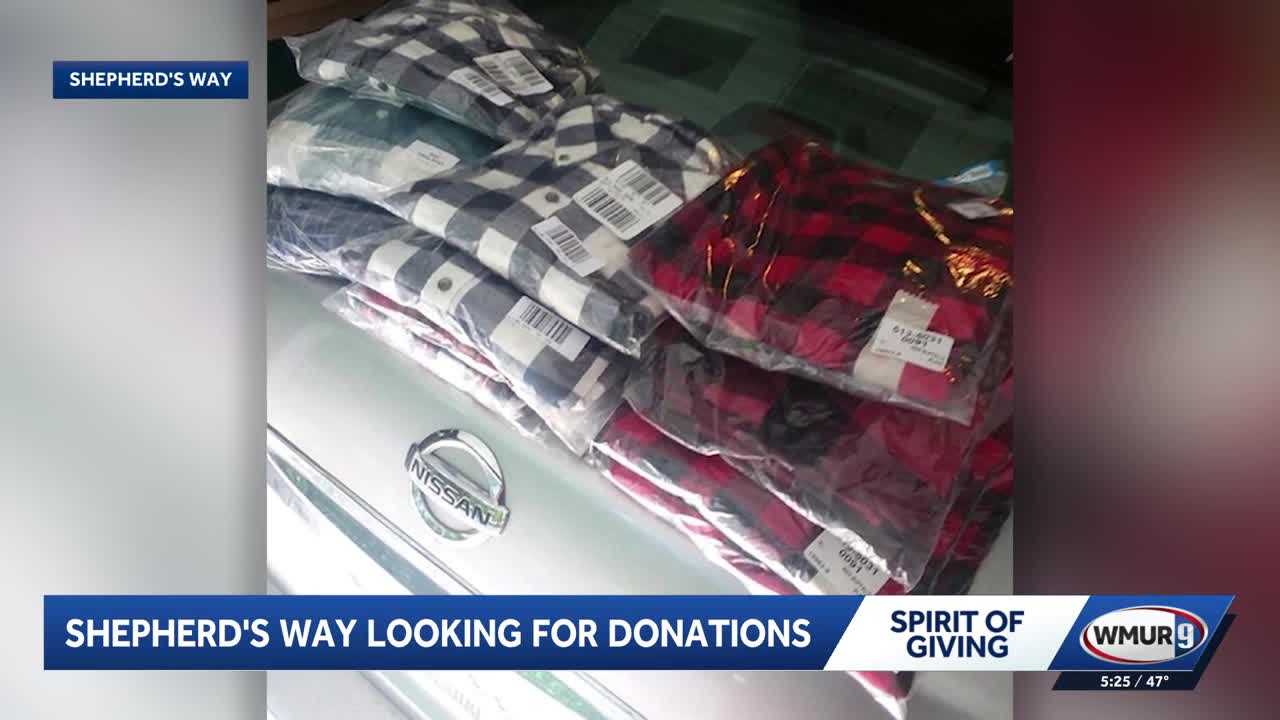A pregnant woman in New York is receiving backlash from a friend who is concerned about her unconventional baby name choices. The mother-to-be, referred to as Cindy, is six months into her pregnancy and has been sharing a variety of names she finds appealing, despite their meanings and potential for ridicule.
Cindy’s naming journey began with her consideration of the name Chlamydia, which raised immediate concerns for her friend, identified as “Normally Named.” After much persuasion, Cindy agreed to abandon this name due to fears of her daughter facing bullying. Nevertheless, she has now focused on Cliché, believing that as long as the name does not refer to a sexually transmitted disease, it would be acceptable. This decision has sparked further discontent, with her friend expressing worry that this name, along with others like Bidet and Chalet, could lead to lifelong embarrassment for the child.
Cindy’s family appears to support her choices, even suggesting that names like Chlamydia are lovely. This familial backing leaves Normally Named feeling frustrated, as she aims to protect the unborn child from potential social challenges.
In response to the situation, advice columnist Abigail Van Buren, known as Dear Abby, suggested that Normally Named offer Cindy alternative names with beautiful meanings, such as Kalista, Lydia, Olympia, and Andromeda. She emphasized the importance of stepping back and refraining from further suggestions to avoid exacerbating tensions.
In a separate letter, another correspondent, referred to as “Closeted in the Midwest,” shared her struggle with revealing her asexuality to her conservative family. She has been quietly navigating her identity while overhearing family discussions about dating that highlight her differences from her siblings. This internal conflict is compounded by the family’s plans for a road trip to meet someone she connected with online, raising concerns about how her asexuality may affect that budding relationship.
Closeted in the Midwest expressed anxiety over how to approach coming out to her family and peers, particularly given their conservative beliefs. In response, Abby advised that the correspondent should wait until she feels comfortable before making any announcements. She emphasized that asexuality is not a sin and should not be influenced by family beliefs. Abby encouraged her to seek out communities and resources available for asexual individuals, which can help her navigate dating without compromising her identity.
Both letters highlight the complexities of personal identity and the societal pressures surrounding naming conventions and sexual orientation. As people navigate these sensitive topics, the importance of support and understanding from friends and family remains paramount.
For those seeking further guidance, Dear Abby continues to offer a platform for individuals grappling with similar dilemmas, providing practical advice for navigating the challenges of modern life.







